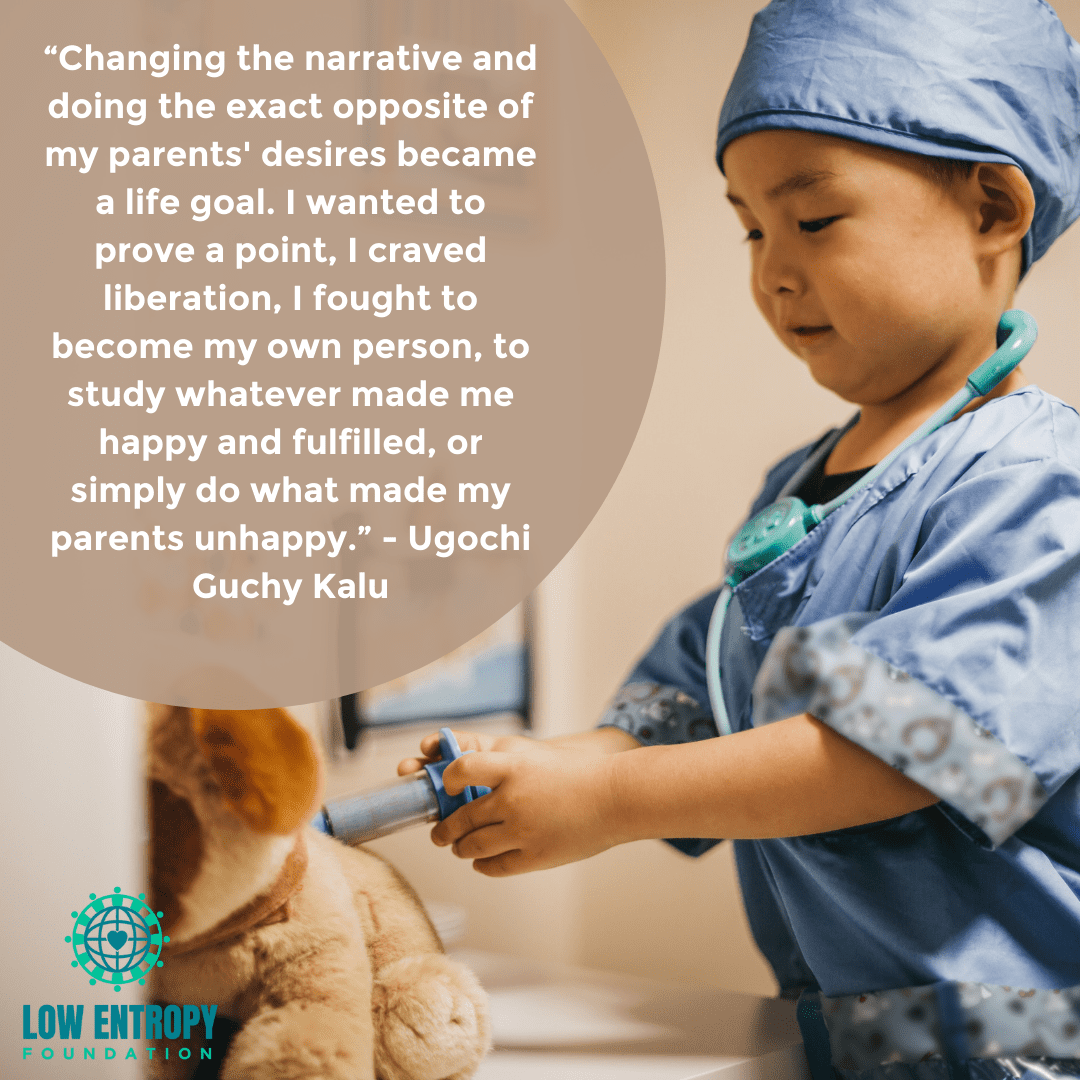Andreza Gonçalves (she/her/hers), Low Entropy Volunteer Writer.
As the years pass by, humanity becomes more and more worried about productivity. People nowadays live in a frenetic state, often attempting to accomplish something significant in order to be recognized in some way and make a lot of money. Moreover, the internet and social media have also greatly increased the need that individuals have for doing incredible things and being in the spotlight.
Many human beings tend to believe that wealth and social status on the internet are the best they can do to be remembered; however, what is not told (or maybe it is told but not taken seriously enough), is that it doesn’t matter how good you have been at work or how many likes you have had on social media; one day almost everybody might be forgotten. I, for instance, know almost nothing about my great-great-grandmother. Right now, I am not even sure of her name.
This story about being forgettable can seem a little bit morbid or even sad; nevertheless, this is not how it should be. Even in this situation, where I cannot remember my great-great-grandmother’s name, I am sure that some of the customs I have today came from her. It may sound too subtle for some people, but it is not, and I have a good enough argument for that.
Without my family’s ancestors, my grandmother would not exist, neither my mom, nor myself. Current usage originated somewhere unknown and was passed down to me at some point in my life. The sum of many people’s ideas and thoughts contributed to who I am today.
Having a family may sound too simple to a portion of the population, but it is nothing less than the human species’ continuation and evolution. Imagine: if everyone who was born had to start from the bottom, then humanity would never evolve in numerous aspects.
As a result, the incredible impact someone may have over centuries becomes apparent, and things like your job or Instagram account seem to have less purpose or significance since what remains is the understanding and worldview you passed onto future generations.
The Cambridge dictionary itself defines the word “legacy” as “a situation that has developed as a result of past actions and decisions.” It’s incredible to consider that humanity is composed of shards of individual behaviors left over the centuries. It fills people with purpose and motivation to do their best for others as their small contribution to a whole lineage that is about to come.
Okay, but what about those who have no blood relatives? Aren’t they going to be able to leave a meaningful legacy? In fact, causing an impact on others who may exist after you is not necessarily related to blood lineage. Here and there, it is possible to have friends who are like family and whom we can directly influence with our choices, behaviors, and discoveries. How many of us have already been impacted by a neighbor or a colleague? Almost everybody I know can affirm having known a confident person who they didn’t share genetics with but who had a pretty relevant impact on their lives.
So, leaving a legacy goes beyond sharing DNA. A legacy comes to life when we see a safe space in people who are important to us and start to make them a home, where we share our best intentions and teach what we have learned throughout our existence. This type of inheritance emerges from a choice and is more likely to be eternal than material goods, which can be spent in the blink of an eye and can disappear like a cloud of smoke.
All in all, when our existence comes to an end, the most valuable things we might leave behind are those that can be remembered from the bottom of someone’s heart. The good news is that, unlike in the past, future generations will be able to put a face to the construction of who they are in old photographs. For that to happen, we just need to decide to leave behind something worth being remarkable.
—
Andreza is a Brazilian lawyer, passionate about volunteering, and who wants to cause a good impact in the world. Andreza loves her family, her dog, and traveling. She lives in Brazil and expects you to be touched positively by her words.








